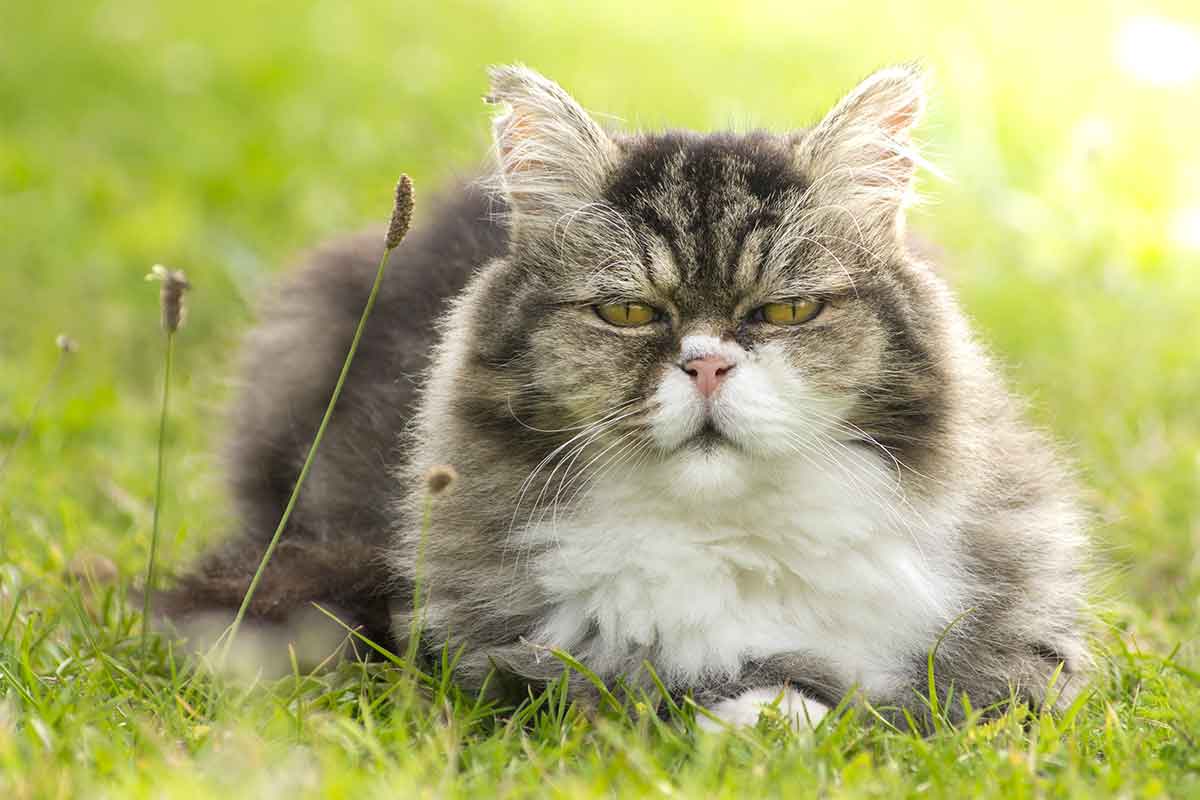If you’re lucky, your cat will live to a ripe old age. These days, it’s not uncommon for cats to live to be anywhere from 16 to 20 years old. And while it’s great to have our beloved kitties around for that long, it also means we will see them struggle with the challenges of old age.
When cats hit their upper senior years, they can begin having trouble doing some of the activities they performed easily when they were young. Jumping up onto a cat tree, onto the couch or into your lap may become difficult or impossible. Even stepping up into the litter box can become a challenge. In addition to these issues, older cats can lose their hearing. They may also have trouble maintaining their weight.
The good news is that you can do a lot to help your older cat enjoy life despite these limitations. Here are some tips:
Change His Sleeping Arrangements
If your cat’s favorite sleeping place is on the couch or on a chair, get him a nice, comfy bed that can go on the floor. Place it next to the area where he likes to sleep so he can see has an easier alternative.
Lift Him Up
When your cat wants to sit on the couch with you, lie in your lap, or sleep in your bed, be sensitive to his physical limitations and give him a gentle lift up.
Adjust The Litter Box
If your cat is having trouble stepping over the lip of the litter box, cut out a small part of the side so he doesn’t have to lift his legs as high to get in. Take the cover off the box too so he can enter it more easily.
Use Hand Signals
If your senior cat has grown hard of hearing, use hand signals to motion him to come to you. You’ll be amazed at how quickly he will catch on if you combine your hand motion with the reward of a treat.
Take Him To The Vet
Older cats should see a veterinarian at least once a year—twice if possible. The vet can evaluate your cat’s body condition and make suggestions on how to increase his appetite and keep his weight up. The vet will also run a blood test to be certain your cat’s vital organs are functioning properly.
Remember to give your older cat plenty of love and attention, while also keeping an eye on his weight and appetite. With good care, a senior cat can live a happy, comfortable life.
This article was reviewed/edited by board-certified veterinary behaviorist Dr. Kenneth Martin and/or veterinary technician specialist in behavior Debbie Martin, LVT.








